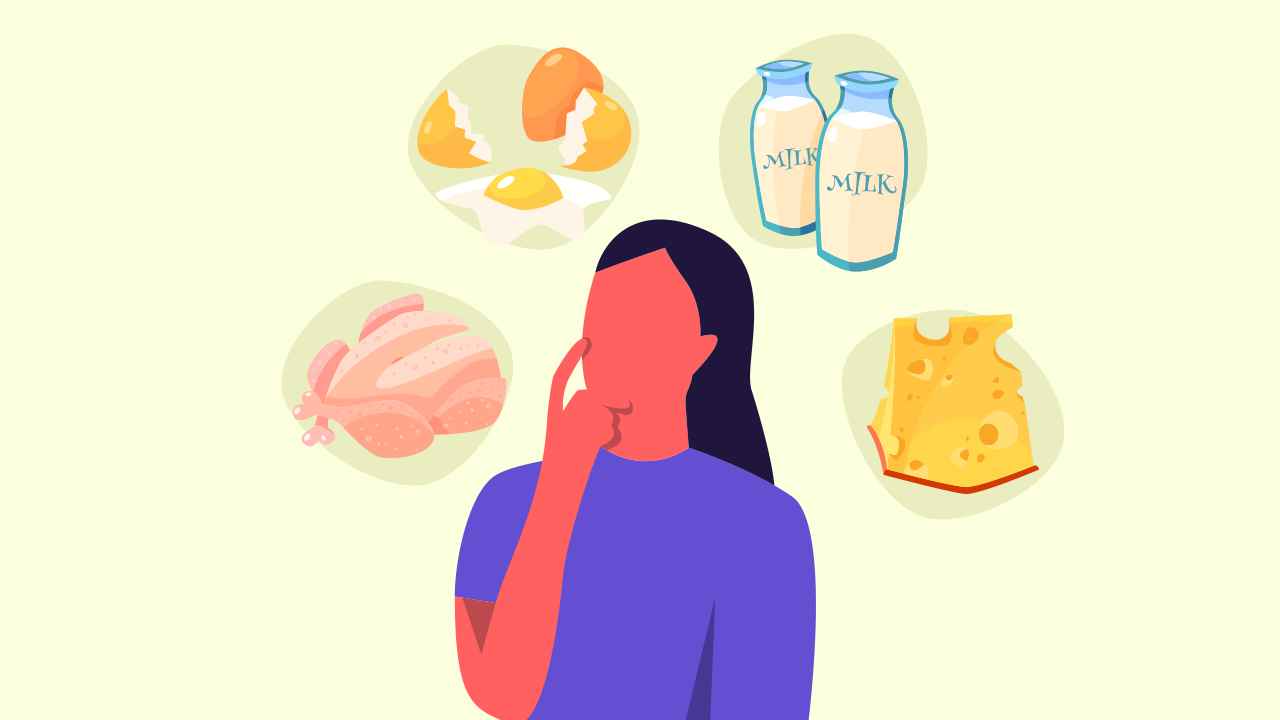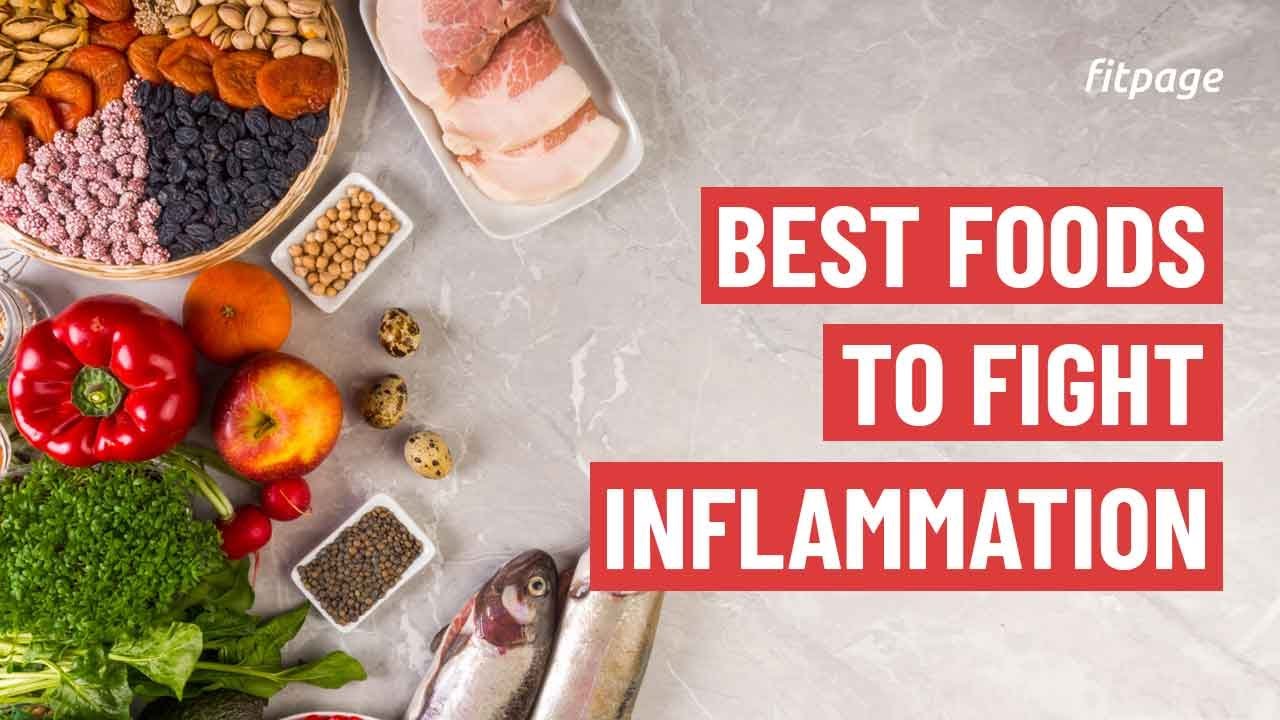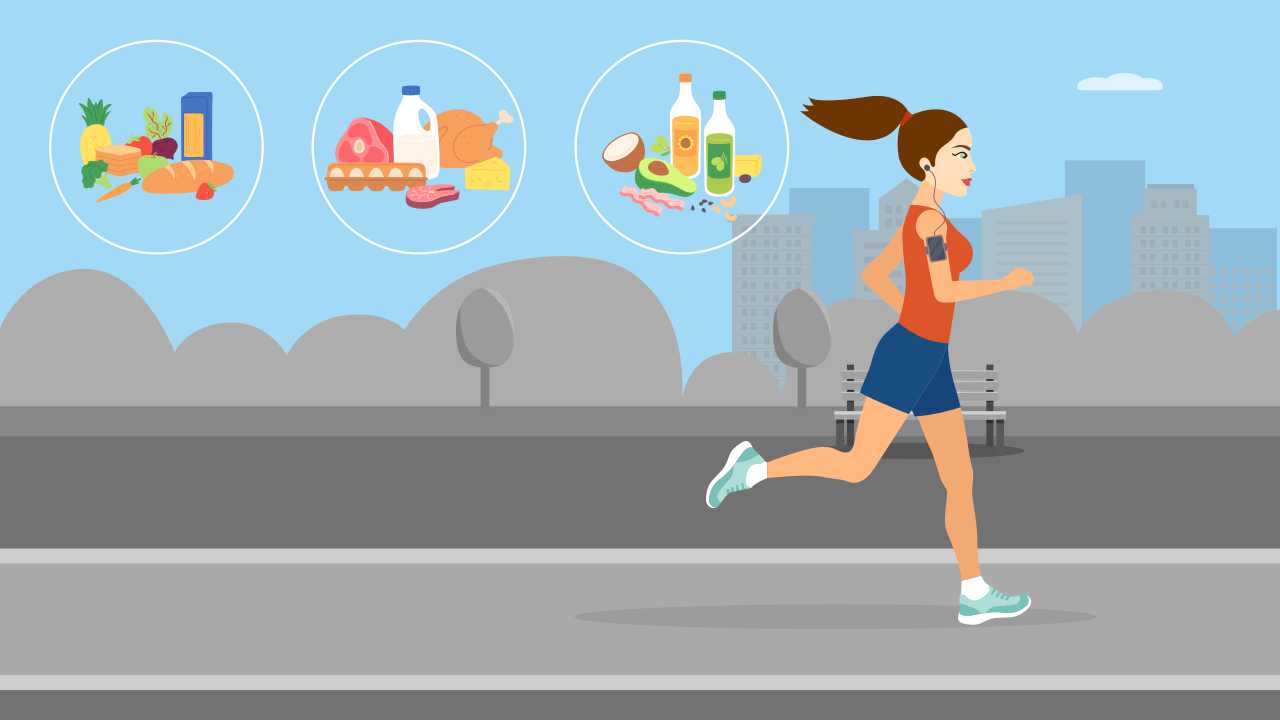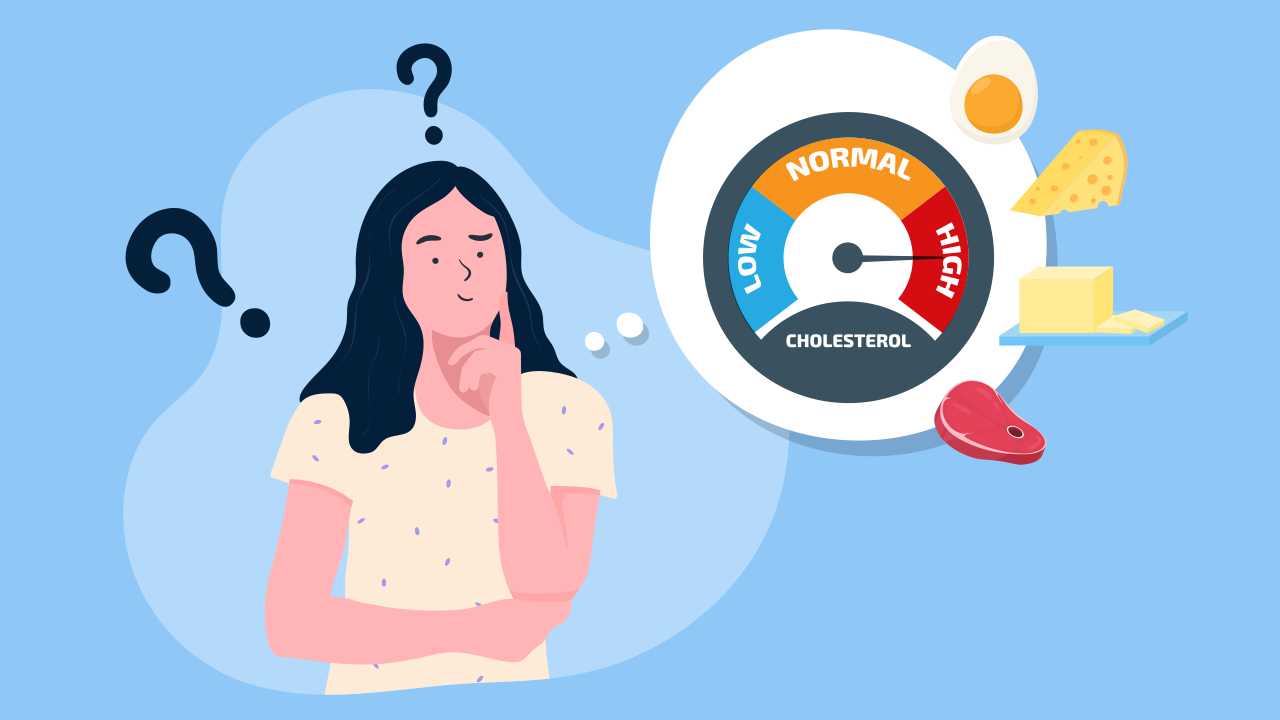
Is Your Protein Intake Low? How to Read the Signs

Did you know that frequent illnesses, infections, and fatigue are symptoms of protein deficiency in your body? If you are taken by surprise and have been noticing these signs along with irregular mood swings, you need to keep a tab on your protein intake. However, first, let us take you through the necessity of protein in your daily dietary consumption.
Protein provides energy to all cells in the body. This macronutrient is a major component of muscle tissue and helps regulate many important bodily functions, including immunity, blood sugar levels, and metabolism.
When your body does not get the required levels of protein, it can lead to many health problems. A protein deficiency can be caused by a lack of protein in the diet or as a result of an underlying disease.
Signs that your protein intake is low
Here are a few telltale signs of low protein intake.
1. Increased infections and illnesses
Maintaining a protein intake of at least 1g/kg body weight per day is important for a healthy immune system and to fight against infections and illness.
However, a low protein intake can result in a weakened immune system and may make you more susceptible to infectious diseases.
In the event of an infection, your body may take more time to fight the illness and create antibodies. It is because when your protein intake is low, your immune cells do not have what it needs to build a strong defense against invading pathogens.
Adequate protein intake is also important for wound healing because it helps generate new tissue. This speeds up the wound-healing time and promotes faster recovery from injury or surgery.
2. Increased fatigue
A lack of protein over time will gradually lead to muscle loss, this means your strength is reduced, causing you to have low energy levels throughout the day. This can lead to a slower metabolism, which means that calories are burned at a slow rate, resulting in weight gain.
Low protein intake may also lead to anemia, a condition in which the body does not have enough red blood cells to carry oxygen to the body’s tissues. This can further cause feelings of lethargy and fatigue.
3. Brittle hair, skin, and nails
Protein is the building block of our body. It is necessary for creating substances such as keratin, collagen, and elastin, which are responsible for the growth of hair, skin, and nails.
Hair loss and thinning of hair could be signs that your protein intake is low. Low protein intake may also cause your nails to become brittle and break easily or not grow as quickly as they should.
A lack of protein in the body can make your skin look dry and wrinkled because it does not produce enough oils to keep it looking healthy.
Protein is essential for keeping the body’s tissues healthy and growing properly, which is why many individuals need to supplement their diets with this nutrient-rich food group.
4. Increase in appetite and cravings
Low protein intake may lead to hormonal imbalance. This means that hormones such as ghrelin and leptin, which regulate your appetite, may not be in proper balance, leading to a rise in appetite and cravings.
Carbohydrates (carbs) are less filling and may make you hungry faster than protein and fat. This means if you eat more carbs without balancing your diet with sufficient protein and fat, it will take less time to feel hungry again.
If you only have two buttered toasts with a cup of tea for breakfast, your protein intake will approximately be around 5g-7g while the carb consumption will be about 30g-40g. So, your blood glucose levels may spike and crash quicker. This may make you feel lethargic or crave more carbs by noon to boost your energy again.
5. Erratic moods
A diet low in protein may also impact your mood because neurotransmitters are made from different amino acids.
Neurotransmitters are chemicals that transmit nerve impulses from one neuron to another. They facilitate communication between neurons, as well as among neurons and other cells.
Neurotransmitters such as glutamate, dopamine, and serotonin are responsible for mood regulation. Therefore, when protein consumption is inadequate, the body will not be able to make these neurotransmitters required for maintaining optimal mental health.
In studies, it was found that people who consumed a high-protein diet had lower levels of depression and anxiety compared to those who followed a low-protein diet.
6. Swelling
Swelling may be caused by a lack of adequate levels of albumin in the body. Albumin is the most abundant plasma protein. It is produced by the liver and found in egg whites, milk, and soybeans.
Albumin circulates in blood plasma, therefore maintaining a delicate balance of water. It also acts as a carrier for hormones, fatty acids, ingested medications, and bilirubin.
Studies indicate that when there are decreased albumin levels in the body, fluids shift from their normal locations to tissues and organs, leading to fluid accumulation and swelling in the body.
7. Muscle loss
Muscle tissue is your body’s biggest store of proteins. Protein deficiency leads to borrowing some protein from your muscles, which allows more important tissues and functions to work. A low protein intake over time may lead to muscle wasting.
Muscle cells go into a state of repair after microscopic damage from activities such as exercise. The repair process needs sufficient protein to build new muscle cells. However, if there is not enough protein available, the cells cannot make it to the next stage in the repair process, and they die.
8. Low bone density
A diet low in protein can have a negative effect on the bones. This is because protein is essential for maintaining healthy bones, and a low protein intake may result in weaker bones.
Protein plays an important role in the development, maintenance, and repair of bones. It also helps to regulate hormones related to bone health. Without enough protein, it can be hard for your body to maintain a normal level of calcium, which is necessary to maintain bone density.
Not having enough protein in your diet can lead to low bone density, which may also increase the risk of fractures.
How much protein should you eat?
The amount of protein you need depends on your weight, lifestyle, and body type. For instance, a sedentary person who weighs 50kg may only need 1g per kg of their body weight, which amounts to 50g of protein every day.
However, if you do a lot of resistance training and strength workout throughout the week, your protein intake will be higher. It may range from 1.2g-2.2g per kg, depending upon how vigorous your training sessions are.
The above recommendation does not apply to people recovering from illness, injuries, and pregnant or lactating women, as they may need higher amounts of protein.
Also watch: Sattu Chaas Recipe – High Protein Drink
How to increase your protein intake
Protein is found in numerous plant and animal-based foods. Choosing nutritious sources of protein is important for having good health and fitness.
Though protein-rich foods offer a range of health benefits, they can also be high in saturated fats and carbs, which, in excess, can negatively affect cholesterol levels and subsequently raise the risk of coronary heart disease.
So, it is advisable to include lean sources of protein, such as seafood, skinless chicken breasts, legumes, pulses, and egg whites.
You may add these protein-rich food items to your diet to increase your protein intake:
| Food | Protein (per 100g) | Carbs (per 100g) | Fat (Per 100g) |
| Fish (Mackerel) | 21g | – | 1.5g |
| Moong dal | 22.8g | 47.9g | – |
| Kala Chana | 18.7g | 40g | 5g |
| Rajma | 20g | 48.6g | 1.7g |
| Oats | 13g | 62.5g | 7.6g |
| Millets (Bajra) | 12.3g | 61g | 4.3g |
| Soybean | 16.6g | 9.9g | 9g |
| Chicken | 22g | – | 9g |
| Eggs | 13.4g | – | 10.5 |
| Milk | 3.5g | 4.9g | 4.4g |
| Yogurt (Dahi) | 3.1g | 3g | 4g |
| Cheese | 21.1g | 2.4g | 24.6g |
| Paneer | 18.8g | 12.4g | 14.7g |
| Almonds | 20.8g | 10.5g | 58.9g |
Also read: Quality Protein: A Guide for Vegetarians and Vegans
Protein is a necessary macronutrient for cellular and bodily functions. Not having enough protein in your diet could also lead to various health complications.
Aim to include some protein-rich foods in every meal for optimal health. Luckily, it is easy to increase the amount of protein in the diet. You can accomplish this objective by incorporating a variety of plant or animal-based foods. If you are unable to meet your minimum amount of protein requirements in your diet, consuming a protein powder supplement may be a wise idea. Be on the lookout for your body’s signs of low protein intake.
References
1. Coulthard MG. Oedema in kwashiorkor is caused by hypoalbuminaemia. Paediatr Int Child Health 2015; 35:83-9.
2. Rushton DH. Nutritional factors and hair loss. Clin Exp Dermatol 2002; 27:396-404.
3. GODWIN KO. Skin, hair, and nail in protein malnutrition. World Rev Nutr Diet 1961; 3: 103-28.
4. Campbell WW, Trappe TA, Jozsi AC, et al. Dietary protein adequacy and lower body versus whole body resistive training in older humans. J Physiol 2002;. 542: 631-42.
5. Bonjour JP, Schurch MA, Rizzoli R. Nutritional aspects of hip fractures. Bone 1996; 18: 139S-144S.
6. Li P, Yin YL, Li D, et al. Amino acids and immune function. Br J Nutr 2007; 98: 237-52.













